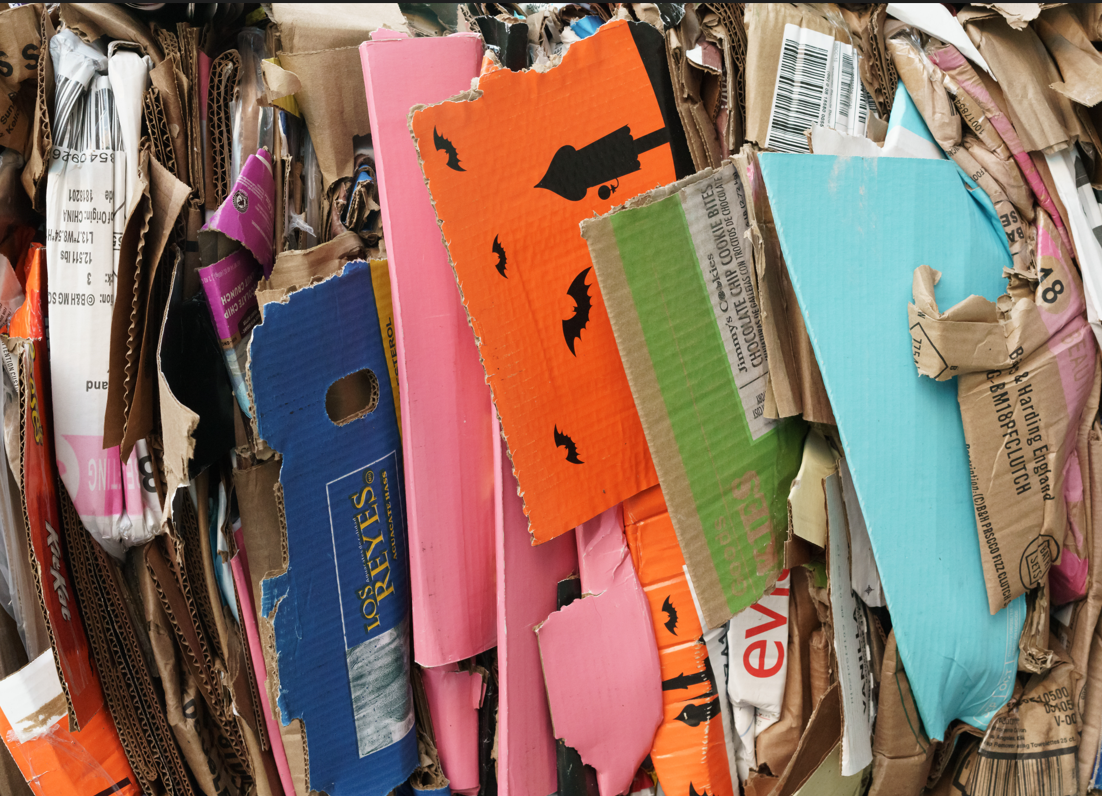
- Industry news
Industry news
- Category news
- Reports
- Key trends
- Multimedia
Multimedia
- Journal
- Events
- Suppliers
- Home
- Industry news
Industry news
- Category news
- Reports
- Key trends
- Multimedia
Multimedia
- Events
- Suppliers
Hong Kong’s only beverage carton recycler faces eviction as “re-industrialization projects” take precedent
21 Sep 2022 --- Hong Kong’s sole recycling plant for processing beverage cartons, MilMil, is facing closure after the government-backed Hong Kong Science and Technology Parks Corporation (HKSTP), which owns the building, has refused lease renewal. This leaves the future of beverage carton recycling in Hong Kong uncertain.
PackagingInsights speaks to Harold Yip, co-founder of MilMil, to understand what this means for beverage carton recycling in Hong Kong.
“Without MilMill, there would be no recycling facility for beverage cartons. About 66 metric tons per day would go to landfills,” he says.
“We don’t want the current recycling chain to break. If it stops, it takes time for residents to pick up the routine again. After they consume their beverages, they take the cartons home, rinse them and recycle them. But if we close the plant at the end of this year, it’ll be difficult to pick up again.”

On being asked if HKSTP provided agreeable reasoning and deal for the end of the lease contract, Yip says it was done to facilitate “re-industrialization” projects such as the development of microelectronics.
In response to MilMil, a spokesperson from HKSTP said: “There are specific policies and an approval process in place and all lessees are required to operate in accordance with the terms of their leases.”
 Hong Kong’s sole recycling plant for processing beverage cartons, MilMil, is facing closure. (Credit: MilMil).Hong Kong’s precarious recycling future
Hong Kong’s sole recycling plant for processing beverage cartons, MilMil, is facing closure. (Credit: MilMil).Hong Kong’s precarious recycling future
Yip voices his concern for the government’s current waste management infrastructure.
“Hong Kong is very small, and there’s a lack of land. It is difficult for recycling facilities such as ours to find a factory location and the logistics cost is very high for recyclables collection,” he says.
“There is no charge placed by the government for waste. It is simply easier and convenient for residents to throw rubbish instead of recycling.”
Tommy Yu, the environmental affairs manager of Green Power, told Hong Kong Free Press that the possible closure of Mil Mill would “absolutely” have a negative impact on the city’s environmental industries.
He said the government had put a lot of effort into expanding recycling collection points in Hong Kong. “[But] no matter how good your recycling network is, if there is no factory to process it, your efforts will be meaningless.”
Hong Kong currently has two mandatory producer responsibility schemes (PRS) in place. These are the Plastic Shopping Bag Charging Scheme and Waste Electrical and Electronic Equipment Scheme. The government is also working to formalize the PRS on glass beverage Containers.
PRS aims to avoid and reduce the environmental impacts caused by end-of-life products at the post-consumer stage by implementing a “polluter pays” system.
“Because there are no supportive policies for recycling in general, the current waste management system in Hong Kong only focuses on high-value items like papers and metal. Collection and then export is the norm. The government set up a facility for e-waste, yard and food waste, but the collection volume remains very low,” Yip underscores. Hong Kong currently has two mandatory producer responsibility schemes in place.
Hong Kong currently has two mandatory producer responsibility schemes in place.
Beverage carton recycling
The recycling of drinks cartons is more challenging than what is involved with other paper products, as the containers are encased in multiple layers of polythene and aluminum for water resistance and durability, according to the recycler.
Because of the extra work needed to break down the coatings, the profit margin is lower than other recycling yields.
Yip said Mil Mill, which runs solely on solar energy, could reduce up to 5,860 tons of carbon emissions for the city annually. “The ideal situation is to have the Science and Technology Park provide us with a two to three years transition period so we can have time to relocate to EcoPark in Tuen Mun, under the Environmental Protection Department. Without us, beverage cartons would not be recycled in Hong Kong.”
Currently, the recycling business is still in operation and is urging the residents of Hong Kong to help recycle the paper packs and boxes to feed to the pulping machine.
According to local sources, Chief Secretary Eric Chan Kwok-ki said the government had approved 100 research and development projects related to green technology and plans to invest about HK$240 billion (US$31 billion) in the next 15 to 20 years to implement measures to mitigate and adapt to climate change.
By Radhika Sikaria












